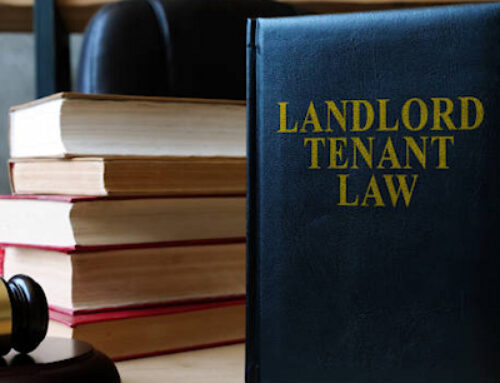In case you missed it in the news, the Universal Credit benefit is being rolled out.
It’s a benefit for people of working age – in theory, a simple single payment for people looking for work or on low income. It combines support for adults, children, and housing costs into one benefit.
Universal Credit is paid monthly in arrears to claimants and replaces:
- Housing Benefit
- Working Tax Credit
- Child Tax Credit
- Income Support
- Income based Jobseeker’s Allowance
- Income-related Employment and Support Allowance
The benefit is paid once a month into their bank account and designed so that it is payable whether working or not and the payment will be adjusted to suit the claimant’s financial situations. So as income increases, Universal Credit decreases.
It is being rolled out nationally and is now ‘live’ in Southend.
This means that council tenants are now responsible for paying their rent money direct to their landlord; this means that if you have any council tenants, the council should have written to you to tell you if they will start or stop paying you directly.
Most private sector landlords won’t see any change with the introduction of Universal Credit, however social landlords may need to look at how and when they collect their rent, and the level of support some tenants will need to make the transition to a single, direct monthly payment.
Landlords can help tenants to get ready for Universal Credit by encouraging them to:
- Go online
- Open a bank account to receive payments
- Setting up a direct debit or standing order to pay your rent is the best way to make sure it is paid on time
- Read the Universal Credit and you guide
To find out more about the Universal Credit, the DWP have issued guidance for landlords whose tenants receive Universal Credit
https://www.gov.uk/government/publications/universal-credit-and-rented-housing–2
However, Pace Properties is well positioned to help you navigate the system and avoid any pitfalls.
Contact Pace Properties if you would like to discuss how Universal Credit affects you and what options you have in order to make the transition (if applicable) easier.








